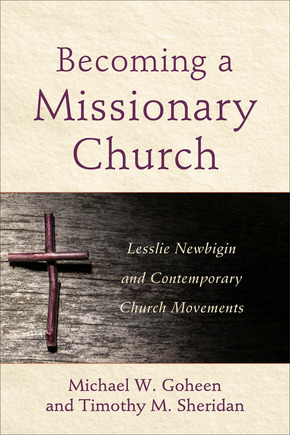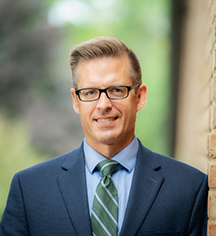To be human is to indwell stories. Stories shape our sense of identity, meaning, and purpose. Some are inherited or chosen for us; others we choose for ourselves. What story or stories primarily shape your church’s life?
One of the deep legacy cultural narratives in churches in western contexts is the Christendom story. Christendom privileged Christianity culturally, socially, politically, and economically. With Christendom came the assumption that the surrounding culture basically supports Christian life and practice. The breakdown of Christendom today in an increasingly pluralistic and post-Christian West presents an opportunity for churches to shift their focus from institutional membership to discipleship and thereby to rediscover a more life-giving story.
In the Christendom era, church leaders could focus on attracting and retaining institutional members who were assumed already to be Christian. Leaders could worry about how to plug people into volunteer slots to maintain the existing operations. The primary ask of members was to support the church institutionally. In many places, much less energy was directed toward offering a clear countercultural vision of what it means to lead a Jesus-shaped life and to form people to practice that alternative Way in an ambivalent or hostile cultural environment.
Following Jesus was reduced in Christendom to “being a good person”–the “ethical spirituality” that sociologist Nancy Ammerman identifies as America’s functionally predominant faith. It should be no surprise that increasing numbers of Americans are walking away from church membership and participation. They feel they don’t need the institutional church to be a good person, or they feel that the institutional church is harmful (as it sometimes can be).
What are leaders to do? This is a time to deepen the church’s life in the story and Way of Jesus as the primary and normative story in deep tension with contemporary western culture. The missiologist Lesslie Newbigin suggested that western culture is the most dangerous foe the church has faced in its long history. This is because at the core of its story is the premise that humans can save themselves.
In their book Becoming a Missionary Church, Michael Goheen and Timothy Sheridan observe, “The metanarrative of western humanism is not neutral: it offers a comprehensive vision of life that demands ultimate allegiance.” Modern western culture assumes humanity is basically good and can realize human perfection through its own efforts in technology, economics, and politics. The self, the state, and the market function as ultimate authorities rather than God. It is remarkable how deeply Christian churches on various sides of the political and theological spectrum have absorbed and capitulated in various ways to these cultural myths.
The deep crisis in the western church is fundamentally a crisis of theological identity and practice. The church has failed to navigate the complex relationship of gospel and culture faithfully. Newbigin writes in Foolishness to the Greeks, “There can never be a culture-free gospel. Yet the gospel, which is from the beginning to the end embodied in culturally conditioned forms, calls into question all cultures, including the one in which it was originally embodied.” The dilemmas of gospel and culture are present within the Bible itself. We can learn a lot about how to navigate them by attending more deeply to that story.
Rediscovering or deepening the church’s identity in relationship to a surrounding culture that has largely rejected the gospel is not just an academic exercise. It is a grassroots process of learning how to follow Jesus and his Way through practices in community. At the heart of this must be the biblical story as the story that primarily shapes our imaginations. Too commonly, scriptural narratives are being subordinated to dominant cultural narratives.
One of the most transformational practices I have seen to bring this to life within local communities is Dwelling in the Word, a contemporary version of lectio divina that approaches the text with a posture of curiosity. Dwelling in the Word pairs people to listen to the text and each other imaginatively and invites them to share with the group how the biblical story is speaking communally. (Faith+Lead offers this practice on Zoom every Tuesday at 11:55am Central.) Dwelling in the Word complements Bible study and other ways of engaging the text deeply. We need many such practices both personally and communally.
Lesslie Newbigin says, “If the biblical story is not the one that controls our thinking, then inevitably we shall be swept into the story the world tells about itself. We shall become increasingly indistinguishable from the pagan world of which we are a part.” Sadly, this has happened in large measure to the church in the West over many years. The institutional crisis we are witnessing is symptomatic of this deeper dilemma.
Yet we have a different story–a more life-giving story in which to rediscover our identities and find meaning and purpose. We can’t save ourselves or save the church. We can be saved by the God who delivered Israel from Egypt and raised Jesus from the dead, and we can be freed by grace to live in Jesus’s Way.
Interested in equipping your community to share the story of Jesus and invite others into God’s unfolding narrative? Faith+Lead members can join Dwight on Thursday, June 27 from Noon-1:30pm Central for the interactive live workshop, Living the Story: Moving from Membership to Discipleship.


